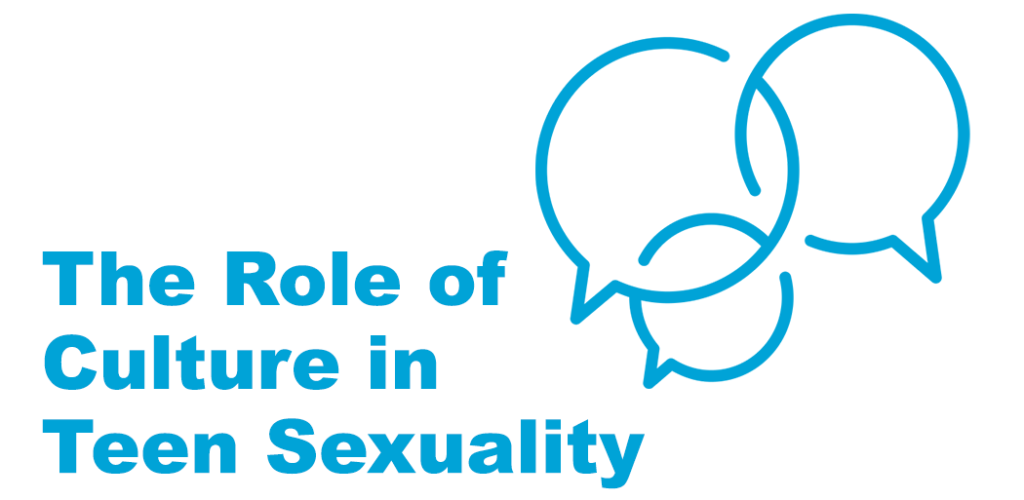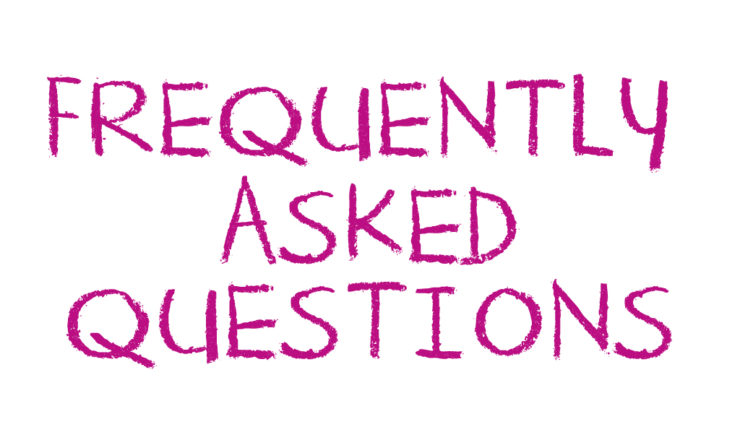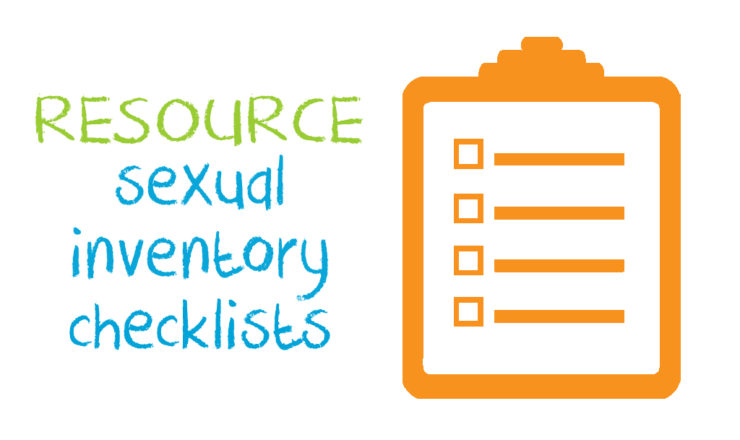

For this article, one of our volunteers did anonymous interviews with 3 teenagers all about the question: To what extent does culture and society play a role in youth sexuality? These interviewees of course don’t speak for everyone, but instead offer a window into the feelings and experiences of real like teens! Please not that some answers have been edited for clarity and space.
B: My knowledge and understanding of human sexuality is very little, in my opinion. To summarize how I view it is the same way as how I view loving anyone – It always depends on the person. The things that you fall for in a person are not controllable, same as how you define your sexuality. I do believe that some aspects of sexuality can be a product of the way we received and viewed love as children. I don’t believe this is always the case but I truly believe that the love we were surrounded by as children has some sort of an effect on how we love when we are older.
C: In my opinion, I have a good understanding of human sexuality but am still willing to learn more about it. I perceive human sexuality in a positive way.
A: Most of my knowledge of sexuality comes from social media, my peers, and a fair bit from sex ed classes. Being young and getting your knowledge from your peers was probably the least helpful.
B: Growing up in a household where any type of love was taboo, I learned a lot about love and sexuality through the media I consumed. From books, movies, songs, to even ads on TV. Only later in life was I exposed to the different sexualities, often through media and sometimes the people around me. I believe that our school system has really failed us on sexual education. There is so much that is labeled under, “uncomfortable to discuss,” and is left unsaid. These have very harmful affects on someone’s development and continue to reinforce many negative sex stereotypes. I do believe that learning from others is the most effective, as that is the only way I’ve productively learned about all things sex. At the same time, many things you learn from those around you or older than you have a high chance of being biased or incredibly harmful. Although this is not practiced often, I believe that learning about sex from your parents or guardians would be the most helpful. This is under the ideal that all parents are sex positive and accepting of everything, which isn’t usually the case. It’s important to me that people learn about love from a place of love, wherever that might be.
C: Most of my knowledge comes from experiences of other people and friends who are part of 2SLGBTQ communities. The least helpful was my teachers and most helpful was from self research when it comes to sexual education.
A: I feel awkward and rather uncomfortable talking about human sexuality with my family/parents because it’s not something we have done or do often. Bringing it up is weird to think about.
B: I do not enjoy talking about human sexuality with my parents, but the conversation is very open with my older sisters. As my parents do not encourage anything sexual before marriage, much less any sexual identity other than heterosexual, it has never been positively taught or openly discussed with them. Since my sisters had the same upbringing, they have suffered the consequences of my parents reluctance to talk about these kinds of things, so they would never wish I go through the same thing they went through. They are very encouraging and positive, always offering advice when I need it.
C: It’s definitely not something I like to bring up with my parents because it’s something they’re not educated on and perceive it in a bad way.
A: Frankly I am not sure because we have never had a meaningful conversation regarding human sexuality, and so I wouldn’t be able to know if my parents encouraged such topics. As for having the same morals, my parents are surprisingly accepting compared to the shunning of sexuality in my culture, but I still feel they take up more old-fashioned values.
B: It has taken a lot of effort to unlearn the amount of homophobia and sexism that was taught to me by my parents. In common rebellious fashion, my morals and values directly contradict theirs, as I have been harmed by the negative connotations that have been used. I have been taught very harmful things about being a woman and on a daily basis I try to unlearn those things and be happy of the gender identity that I am. Often we were taught that being a woman was always receiving the short end of the stick, and I refuse to believe and accept that.
C: My parents do not encourage these conversations, and yes their morals and values used to influence my own because when I was younger I used to think I had to follow what my parents think, but I’ve since grown to realize I can have my own values and morals.
A: There are quite a lot of misconceptions when it comes to sexual orientation and sexuality within 2SLGBTQ communities, for example that you can only have one set sexual orientation. Identifying as gay myself, it was very hard figuring out who I was – and I still have trouble today – but realizing sexuality is fluid and not set in stone makes it much easier.
B: Due to the religious background I grew up in, I have learned that loving anyone isn’t a sin. That’s something that took a long time for me to understand. In the process of learning about different sexualities, I now understand that labels are not as important as I once thought they were. At least for me personally I was always scared to come out and say I was one sexuality because I never actually knew. In reality to those who really care about you, they will love you regardless of how you love others. and I’ve found that’s all that matters.
A: Yes I do believe all those have an effect on sexuality. Gender being the most drastic. Girls for example, usually have a harder time than boys as they are more stigmatized under stereotypes and school dress codes. Parents are also more strict with how girls act and dress.
B: I definitely believe that race, class and gender have a large affect on sexuality. Being a person of colour myself, I am well aware of the negativity surrounding 2SLGBTQ communities in my own culture. It is not an easy thing living as an openly queer person, as it often gets you disowned or shunned completely. This forces many people to suppress their sexuality. It also allows for violent acts to be committed against the members of the community. I also believe that people who identify as a man or a woman face very different challenges when it comes to being open about their sexuality. As men are often seen as less masculine for liking the same sex, they also are not encouraged to come out due to environments that foster toxic masculinity. These environments allow homophobia and sexism to thrive and are very harmful to the people in the environments. On the other hand, women’s sexuality is often not taken seriously or is fetishized. It is hard to embrace one’s sexuality when it is viewed as a joke or a “party trick,” by others. While men also enjoy watching two women get intimate, this is often rooted in the fetishization of wlw (woman loving woman) and is very disrespectful. Needless to say that no matter who you are in the world, accepting your sexuality, if it varies from the norm, is a difficult thing to do and takes a lot of courage.
C: Honestly, in my opinion, it really just depends on your environment. I’ve met people who still are afraid to embrace their sexuality because of their environment as they would be disowned if that makes sense.
There’s no clear conclusion that can come from these conversations, but we do have some related resources for further reading on some of the topics raised here:
If you have questions about this topic, feel free to contact one of our peer educators. [Link]
Last Updated: May 2022

Is it true that people have sex at younger ages today than in previous generations?

Do you have a hard time talking about sex? Try out these sex/relationship checklists with your partners to help start a conversation!